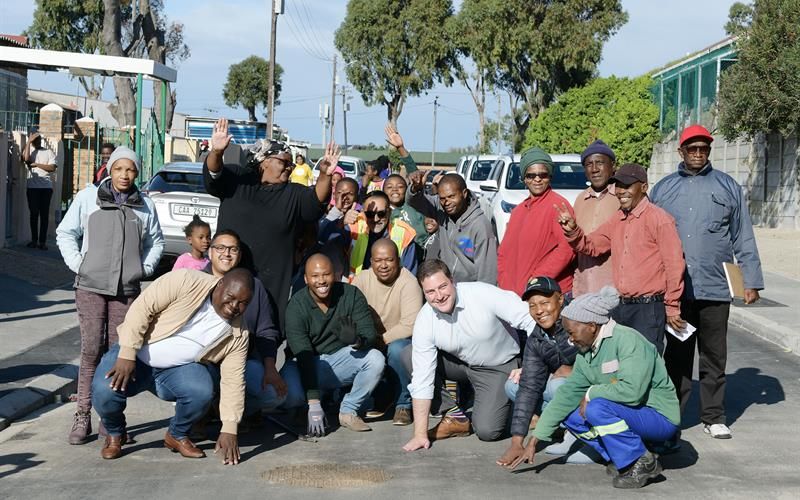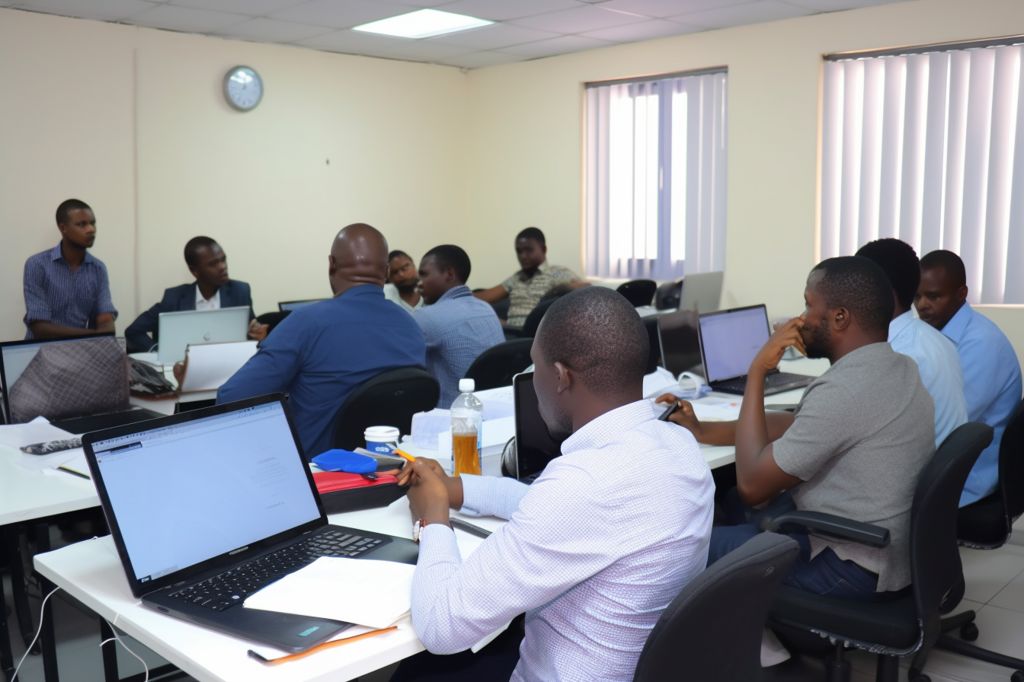Cape Town is taking a proactive stance on improving its infrastructure, with Mayor Geordin Hill-Lewis leading the charge on a comprehensive sewer pipe replacement project. This critical upgrade aims not only to support economic growth but also to create a healthier and more dignified living environment for all residents of the city.
Doubling the Investment for a Sustainable Future
Cape Town is on track to double its sewer pipe replacement efforts to 50 kilometers by the end of the 2022/23 financial year. This ambitious plan is part of a larger focus to replace 100 kilometers of sewer pipes each year with a total investment of R850 million over the next three years.
Tracking Progress with Innovative Technology
The proactive interventions are already yielding positive results, with preliminary data showing a 30% reduction in reported spills in Cape Town over the past two years. To monitor progress more closely, the city is implementing a Reactive Incident Management System (RIMA) to digitize the coordination of sewer spill responsiveness.
Focusing on Critical Infrastructure for the Benefit of All
The sewer pipe replacement project in Gugulethu is just one example of the 36 projects underway across Cape Town this year, with the goal of quadrupling sewer pipe replacement to 100 kilometers each year. Approximately 73% of Cape Town’s R11 billion capital budget for the 2023/24 financial year will be allocated towards critical infrastructure that benefits lower-income households, informal settlements, and poorer communities.
Investing in the Future with Job Creation
The R43 billion infrastructure pipeline is expected to create an estimated 135,000 jobs in Cape Town over three years. The city is executing 36 pipe replacements this year, with 22 already completed and 14 expected to finish before the end of June.
Undertaking the Largest Sewer Upgrade in South Africa
The major R539 million Cape Flats Bulk Sewer upgrade is currently underway, rehabilitating 28 kilometers of pipeline serving more than 300,000 households. Over the next three years, the City plans to invest a massive R1.3 billion in major bulk sewer upgrades to the Cape Flats, Philippi, Milnerton, and Gordon’s Bay lines.
Setting an Example for Other Cities to Follow
Cape Town’s ambitious sewer pipe replacement project sets an example for other cities to follow, showcasing the importance of investing in sustainable, long-term solutions that positively impact the environment and the lives of residents. With the Reactive Incident Management System (RIMA) in place to monitor ongoing progress and coordinate responses to sewer spills more effectively, Cape Town is taking significant strides in proactively addressing infrastructure challenges.
Cape Town’s commitment to infrastructure improvement serves as a model for other cities to follow. By investing in sustainable, long-term solutions, the city is laying the foundation for economic growth, job creation, and improved living conditions for all residents. With its sewer pipe replacement project, Cape Town is taking a proactive approach to improving its infrastructure and the well-being of its residents, highlighting the positive impact of prioritizing long-term growth, sustainability, and an improved quality of life for all.












